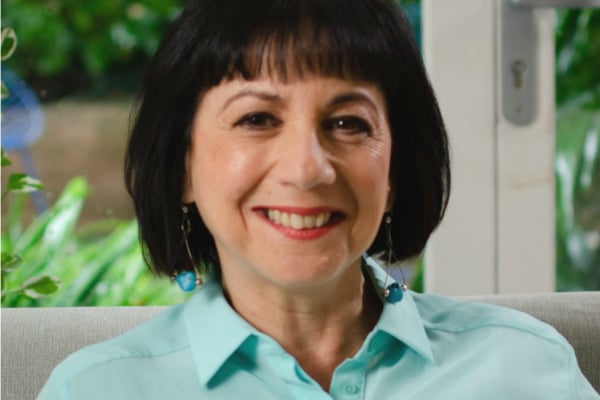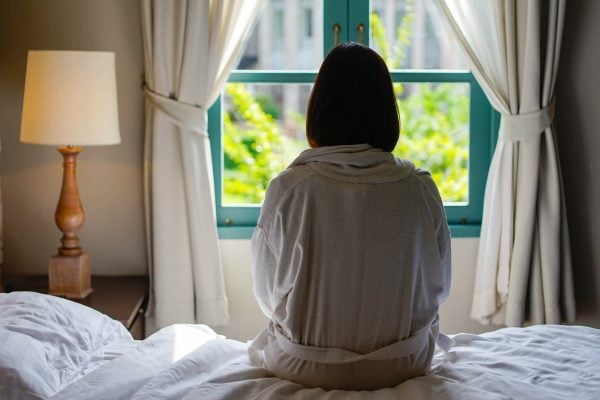
As we’re told countless times a day, we’re living in uncertain and unprecedented times.
Every single person has been impacted by the COVID-19 pandemic is one way or another, and that’s having an impact on our mental health.
To help you out, we spoke to clinical psychologist, Amanda Gordon, of Sydney’s Armchair Psychology and Mamamia’s Anxiety Course, to find out how her job has changed since the pandemic began and what strategies she’s teaching her clients to get through our new normal.



Top Comments
As a mental health practitioner, my suggestion would be to check the news once, in the middle if the day. Never at night as it could affect how you sleep and never in the morning as we wake up generally optimistic. Mornings are better spent participating in rituals that build our resources for the day. Bright daylight also provides us a contrast to bad news, rather than mood-diminishing dull light or darkness that can heighten the emotional impact of bad news.
For number three, I think you mean "be wary of dark humour", not weary. Although by the end of this, we might be weary of it as well!